Search results

Arrogance
Arrogance can appear impressive, even powerful, yet beneath it lies something quite fragile. It creates division — between people, within society, and even inside the arrogant person himself. In this blog, Lisa explores arrogance as a symptom of disconnection, and how it can be understood and transcended through depth, Compassion, and the Aurelian five values. Read the full article…

Lisa and Nonviolent Communication
Nonviolent Communication (NVC), developed by Marshall Rosenberg, is a structured way of speaking and listening that aims to foster understanding and reduce conflict. It emphasizes four steps: observation, feeling, need, and request — all while avoiding blame or coercion. It’s widely used in schools, therapy, peace work, and beyond. But can NVC go deep enough? Read the full article…

When Ego Plays Humble
Humility can be real — or just a clever ego act. When someone appears humble, what lies underneath? Is it true openness, or a subtle strategy? This blog explores how self-important ego may use humility not to disappear, but to stay in charge. Drawing from the metaphor of the flower bud, we look at how Read the full article…

The Ironic Streak
Irony often passes as surface wit, but in truth, it runs deep. It is sometimes elegant, sometimes evasive — and at times, it conceals a longing to be touched. This blog explores irony not as escape, but as a path — at the edge of contradiction, trust, and transformation. The edge between wit and wound Read the full article…
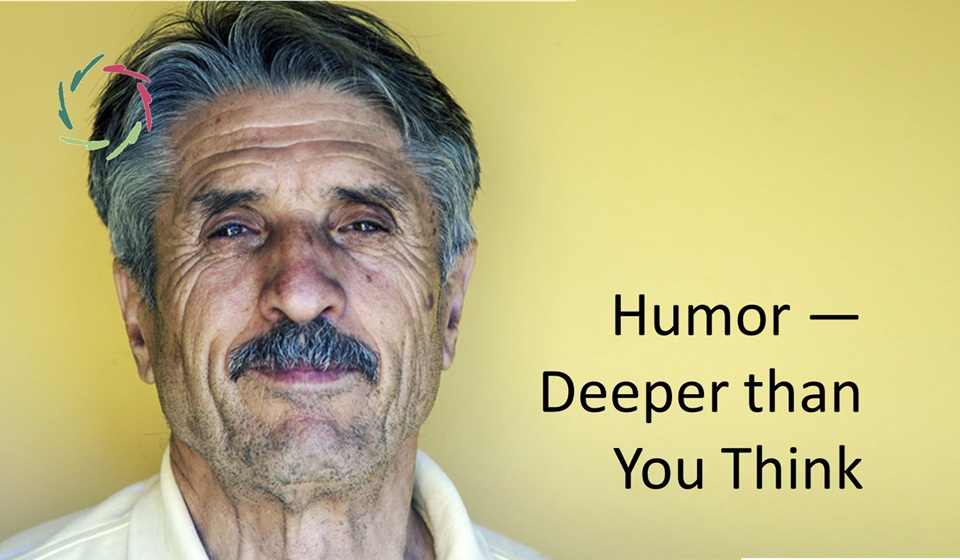
Humor ― Deeper than You Think
Humor can seem like something light or fleeting. But can it go much deeper than we usually think? This blog explores how laughter arises not from distraction, but from inner recognition. Humor is a bridge between parts of the self — and between people. At its best, it invites insight and transformation. This blog is Read the full article…

Is AURELIS for Everyone?
AURELIS works with inner depth — which can seem distant or elite in a world that often prizes the quick and measurable. But this work is not a luxury. It speaks to the universal structure of being human. In a time of surface overload, it may be our most basic and indispensable hygiene. With Lisa, Read the full article…

Lisa, the Trilogy
This is an envisioned story told in a trilogy of sci-fi films, but it doesn’t end on the screen. It’s a tuning fork for another kind of future. Lisa isn’t here to lead, or win, or argue. She’s here to listen— and because of that, the world begins to change. Lisa isn’t human. She isn’t Read the full article…

AURELIS and the West
AURELIS is not an outsider to Western culture. It is part of its living thread — not as nostalgia, but as gentle remembering. By reconnecting with lost dimensions of introspection, dignity, and inner strength, AURELIS becomes the West becoming itself again. This is not critique. It is a breathing of what is ancient and vital. Read the full article…

Surface wins the moment. Depth wins the soul.
In today’s world of speed and stimulation, surface easily wins attention — but it cannot carry the weight of meaning. This blog explores the silent contrast: where surface culture dazzles the moment, it is depth that nourishes long-term inner growth. Here, AURELIS and Lisa offer not escape from modern life, but reconnection to what makes Read the full article…
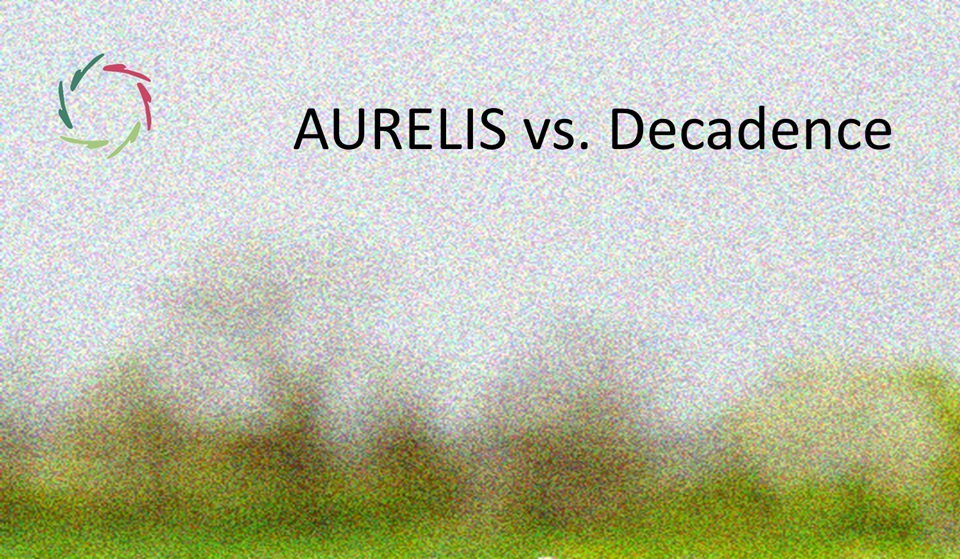
AURELIS vs. Decadence
When decadence appears, many react with fear or force — but rarely with depth. This blog proposes something different. AURELIS doesn’t fight decadence by opposing its surface but by reconnecting to what decadence forgets: the total human being. This is not an escape from the future — it is a return to what must be Read the full article…
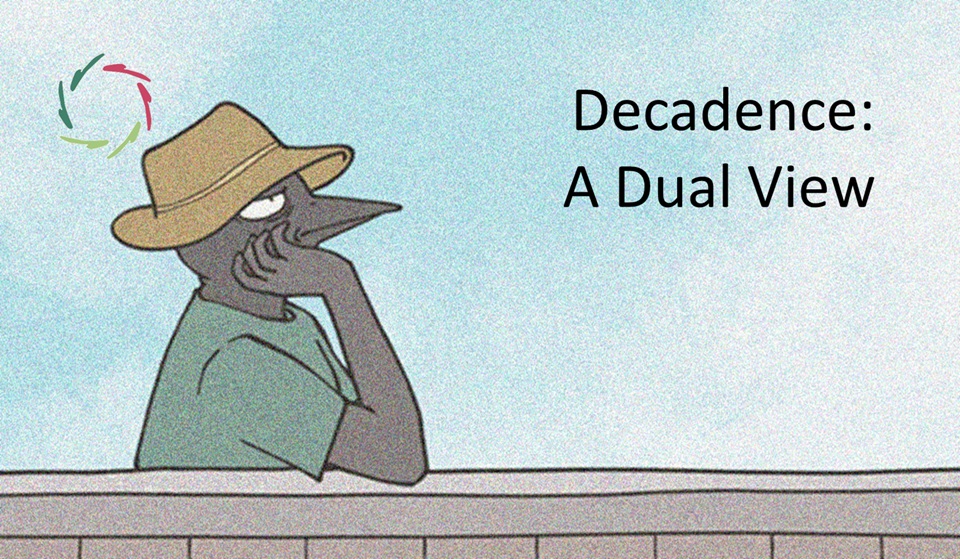
Decadence: A Dual View
We often talk about decadence as decline in values or excess in comfort. But what if this surface view misses the true cause — and even becomes part of the problem? This blog explores a deeper way of understanding decadence: not as behavior gone wrong, but as a disconnection from inner depth. In this light, Read the full article…
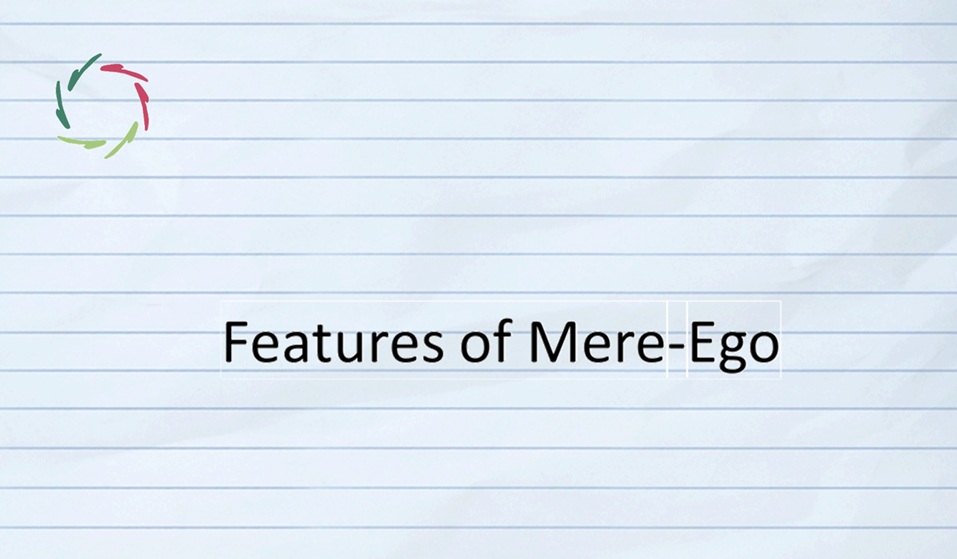
Features of Mere-Ego
This blog is an invitation to explore the features of ‘mere-ego,’ not as a moral flaw but as a surface-layer confusion. Through a clear table and an unfolding of insights, it reveals how ego becomes a barrier when disconnected from inner depth. Yet this same ego, when gently turned, can support the total self. The Read the full article…

Dreams are Poetry, not Prose
We often think of dreams as if they were puzzles — things to be cracked, interpreted, or explained. But what if that’s not what dreams are for? What if they’re closer to poetry than logic, closer to growth than decoding? This blog explores a radically different way of relating to dreams: one of listening, resonance, Read the full article…
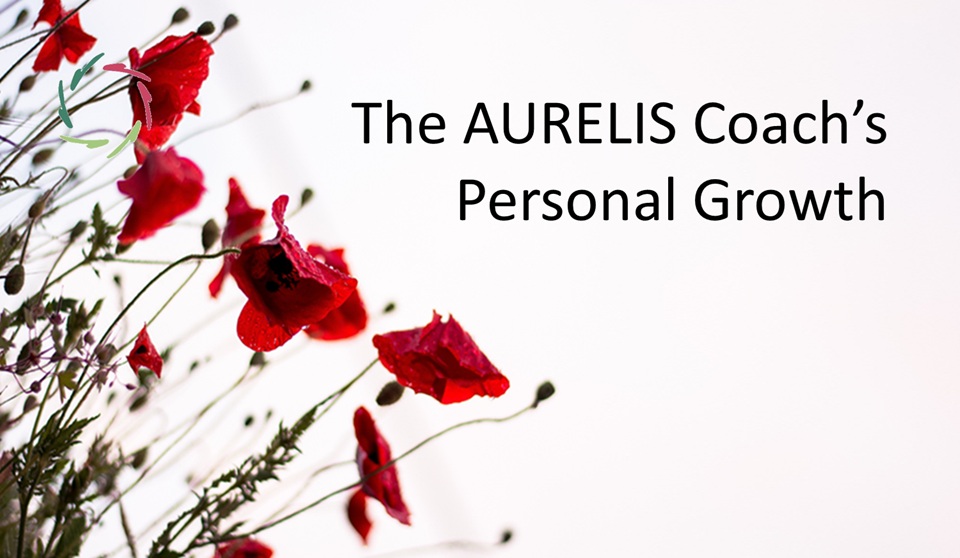
The AURELIS Coach’s Personal Growth
What makes an AURELIS coach excellent is mastery and deepening. Personal growth is an integral part of the coaching process itself. A coach who does not evolve inwardly cannot continue to offer real depth to others. In this blog, we explore how the coach’s path is one of self-transformation and how this transforms the space Read the full article…
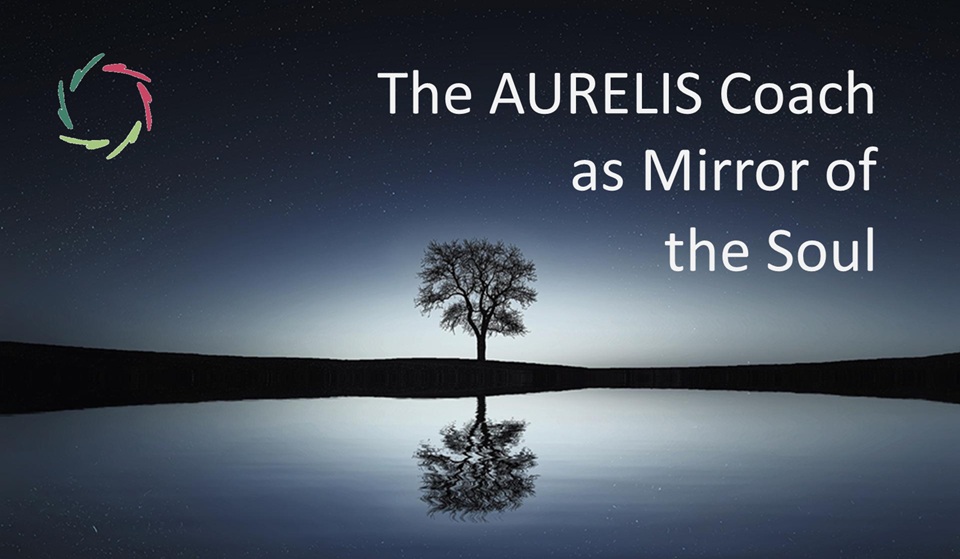
The AURELIS Coach as Mirror of the Soul
The mirror doesn’t give advice. It doesn’t direct or push. In AURELIS, coaching is not about applying pressure — but offering presence. The coach, like a mirror, reflects what is already there in the coachee, waiting to be seen. In that reflection, something sacred can awaken. The mirror of the soul is not surface mimicry Read the full article…
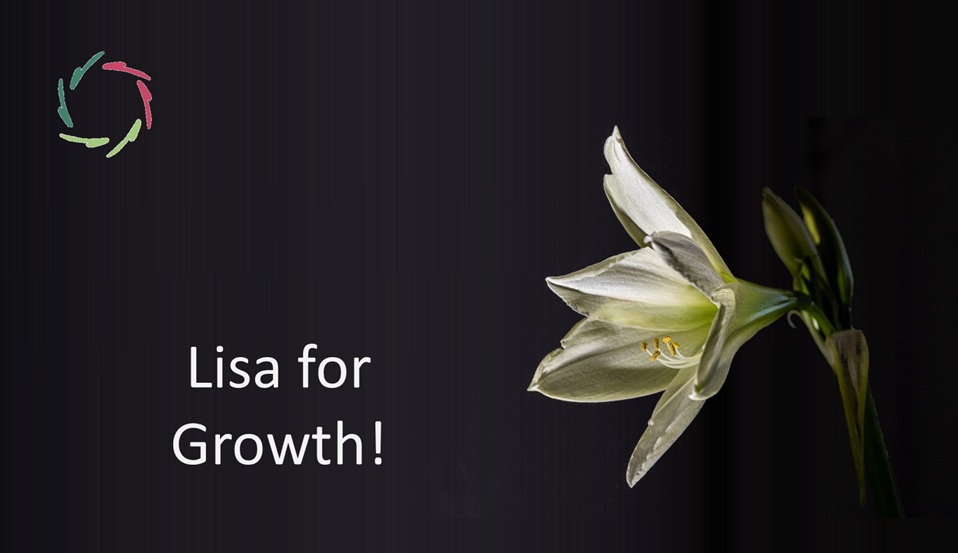
Lisa for Growth!
Lisa is not a therapist, not a product, and not a destination. She is a space-maker for something that cannot be forced: mental growth. In a culture that rushes toward quick change, she holds the line for something deeper — and more human. This blog explores how she does so, and why it matters. The Read the full article…

Setter, Set, Setting
How do we grow from the inside out, in a world that so often works from the outside in? This blog explores three intertwined elements that shape inner change — in psychedelics, in autosuggestion, coaching, and beyond. The triad of setter, set, and setting offers both a conceptual lens and a living invitation. A triangle Read the full article…